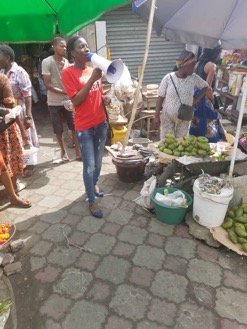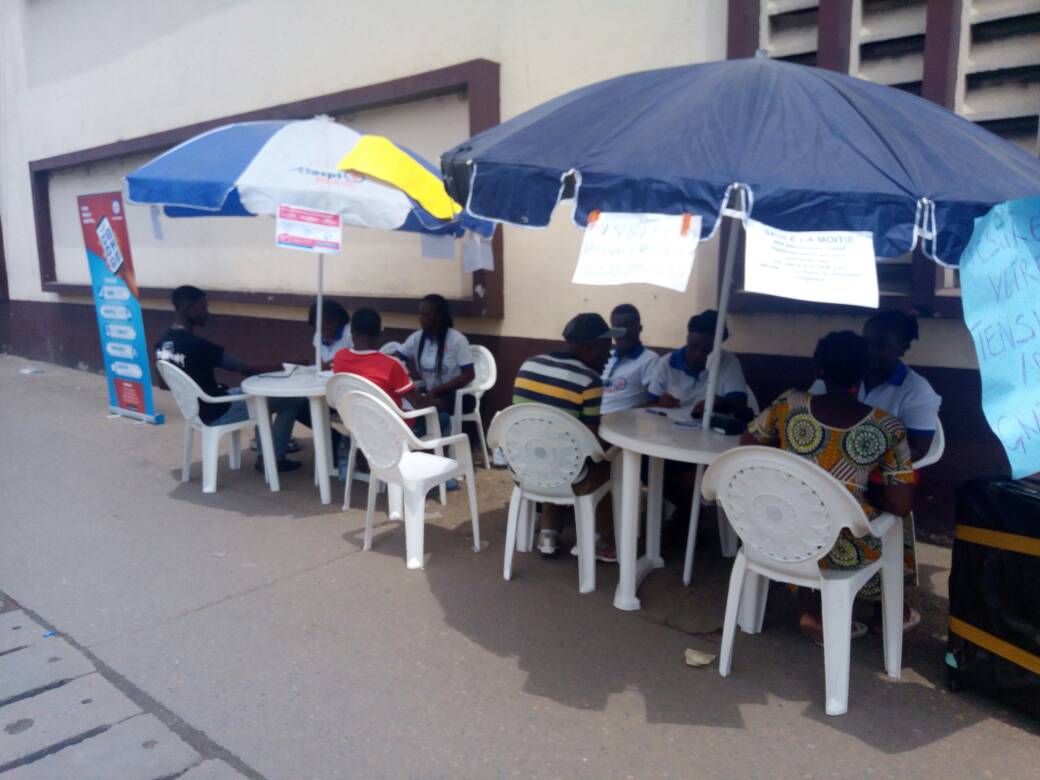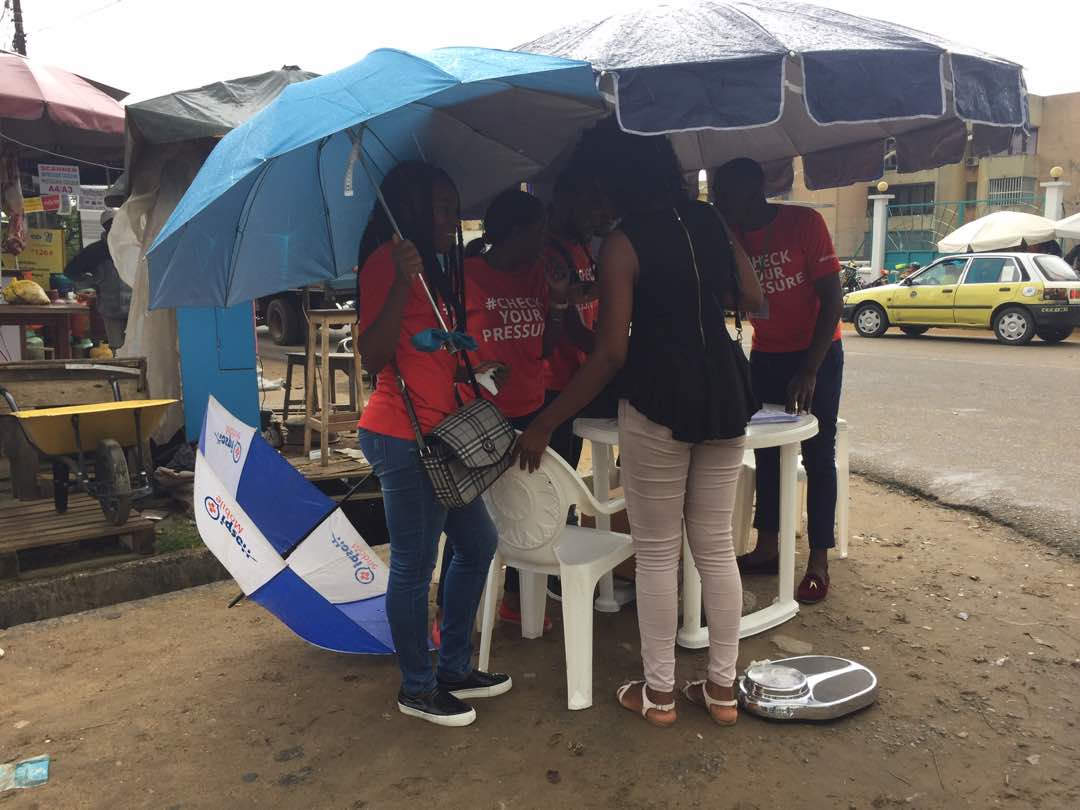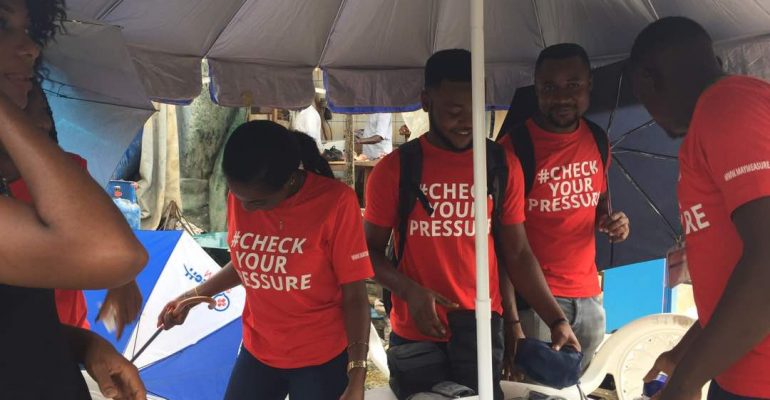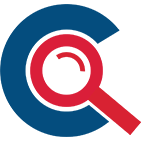Cardiovascular disease is the largest epidemic Mankind has seen yet and raised blood pressure continues to be the biggest contributor to the global burden of disease, causing 9.4 million deaths each year. However, awareness, treatment and control rates remain low; 46.5%, 40.6% and 13.2% as reported by the PURE study.
In 2017, the May Measurement Month (MMM17) was expanded from the World Hypertension Day, and it turned out to be the most extensive and synchronised global BP screening involving more than 100 countries, recording about 1.2 million measurements.
May Measurement Month 2018 (MMM18) was organised following the successes MMM17 recorded, with the aims to increase the awareness of the health issues around hypertension (in public and healthcare arenas); create scientific evidence to inform and influence health policy; screen at least 1.5 million people, who ideally, have not had their BP measured for over one year.
Expectations for the MMM18 included;
- The conduct of mass sensitisation ahead of, and during the screening period using posters, handbills flyers, banners, T-shirts etc
- Create screening sites with unique sites IDs
- Use the different versions of the MMM18 App or paper-forms to collect data
- Strictly adhere to guidelines for correct BP measurement;
- Submit data as screening activities progress
- The screening began on May 8th and ended on June 8th. Twenty-eight site duly assigned site IDs recruited participants. Data were collected using different versions of the MMM18 App and paper-forms and submitted via the Apps and Microsoft Excel Sheets. Data submission ended on July 31st. At least 8500 submissions were done via the App, and 745 submitted via Excel sheets.
MMM18 screeners exhibited an incredible sense of voluntarism (using their resources for things ranging from transportation, printing of CRFs, etc.), shared experiences which encouraged and inspired other screeners, one site screened more than 1,000 participants, and all these made the MMM18 a huge success. However, there were challenges, some sites received CRFs and blood pressure measuring devices late, socio-political unrest in the Northwest and Southwest regions of the country hampered screening events in these areas. Further, inconsistencies in entering site IDs, incomplete paper-forms reduced the overall number of participant data that could be submitted.
Looking forward to MMM19, we plan to organise trainings on;
- Correct blood pressure measurement procedure
- Use of different submission tools and adapting them to local realities
- Lessons learned from MMM17 and MMM18
- Communication
We will also endeavour to distribute paraphernalia well before screening commences, promote screening at public locations and lobby for sponsorship from local organisations including business entities and appeal to their corporate responsibility.
Putting a final note on MMM18, we are awarding certificates to site coordinators and MMM18 screeners and sending letters of gratitude to Service heads, Chief Medical Officers and Directors of hospitals.
